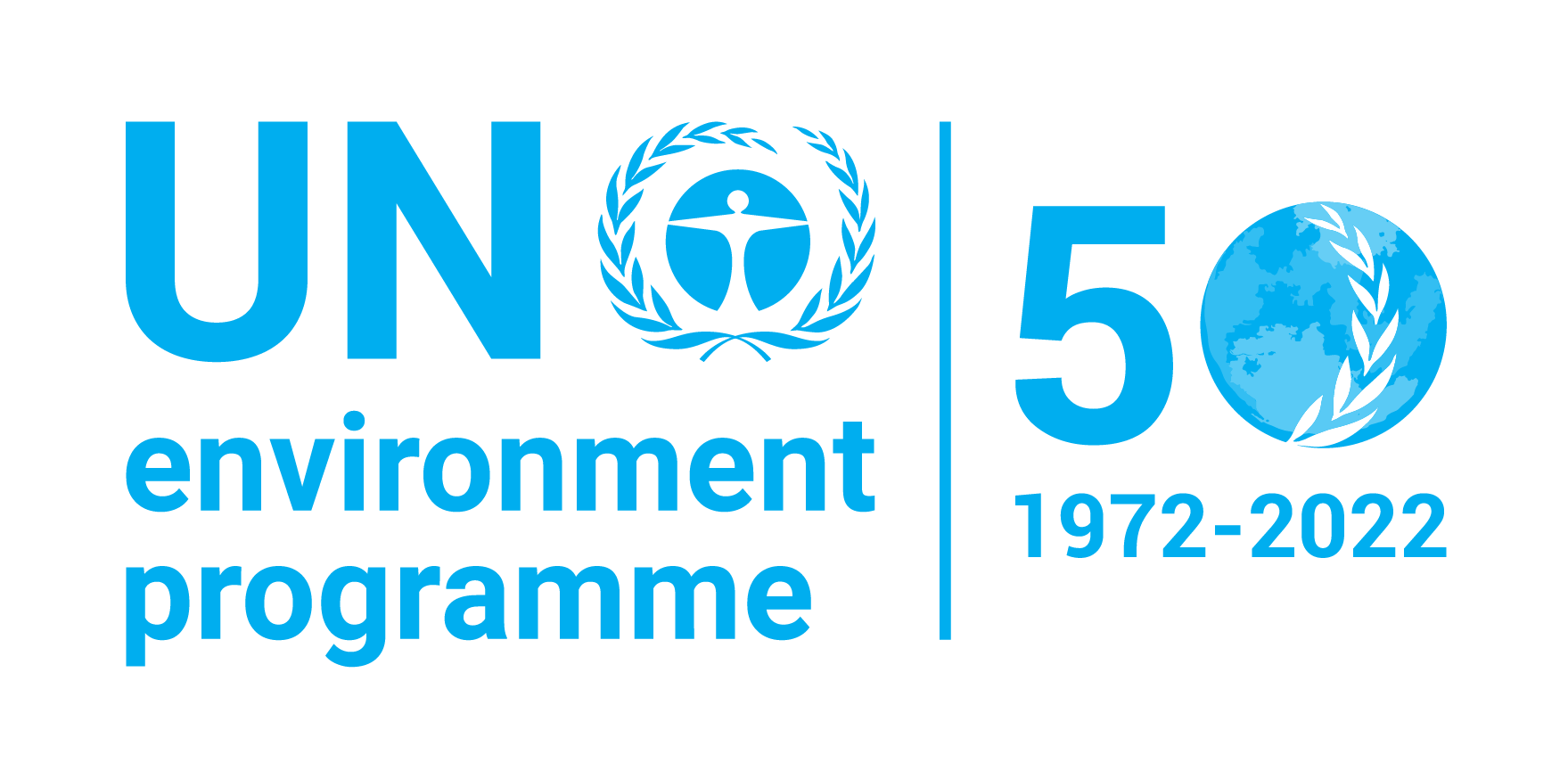| dc.contributor.author | United Nations Environment Programme | |
| dc.coverage.spatial | Global | |
| dc.date.accessioned | 2016-10-11T19:58:36Z | |
| dc.date.available | 2016-10-11T19:58:36Z | |
| dc.date.issued | 2008 | |
| dc.identifier.isbn | 978-82-7701-048-9 | |
| dc.identifier.other | 3718 | |
| dc.identifier.uri | http://hdl.handle.net/20.500.11822/7658 | |
| dc.description | The new rapid response report entitled In Dead Water has for the first time mapped the multiple and combined impacts of pollution | |
| dc.description | alien infestations | |
| dc.description | over-exploitation and climate change on the seas and oceans. The worst concentration of cumulative impacts of climate change with existing pressures of over-harvest, bottom trawling, invasive species, coastal development and pollution appear to be concentrated in 10-15 per cent of the oceans concurrent with today's most important fishing grounds says the report. The World's oceans play a crucial role for life on the planet. Healthy seas and the services they provide are key to the future development of mankind. Our seas are highly dynamic, structured and complex systems. The seafloor consists of vast shelves and plains with huge mountains, canyons and trenches which dwarf similar structures on land. Ocean currents transport water masses many times larger than all rivers on Earth combined. | |
| dc.language | English | |
| dc.publisher | UNEP | |
| dc.rights | Public | en_US |
| dc.subject | climate change | |
| dc.subject | water | |
| dc.subject | coral reef | |
| dc.subject | coastal ecosystem | |
| dc.subject | ocean | |
| dc.subject | marine | |
| dc.subject | fishery | |
| dc.subject | ocean | |
| dc.subject | coastal ecosystem | |
| dc.subject.classification | Ecosystem Management | |
| dc.subject.classification | Climate Change | |
| dc.title | In dead water | |
| dc.type | Reports and Books | |
| wd.identifier.old-id | 809 | |
| wd.identifier.sdg | SDG 14 - Life Below Water | |
| wd.identifier.sdgio | http://purl.unep.org/sdg/SDGIO_00000048 | |


